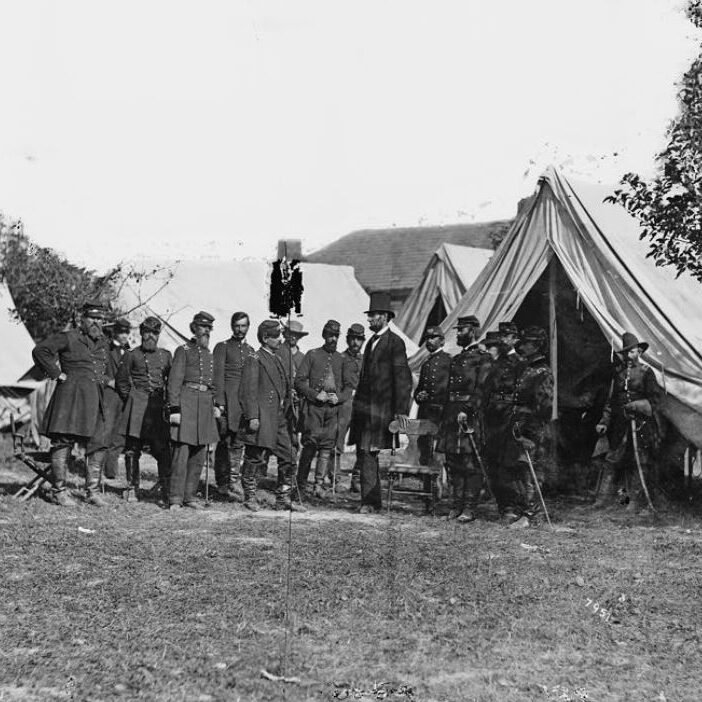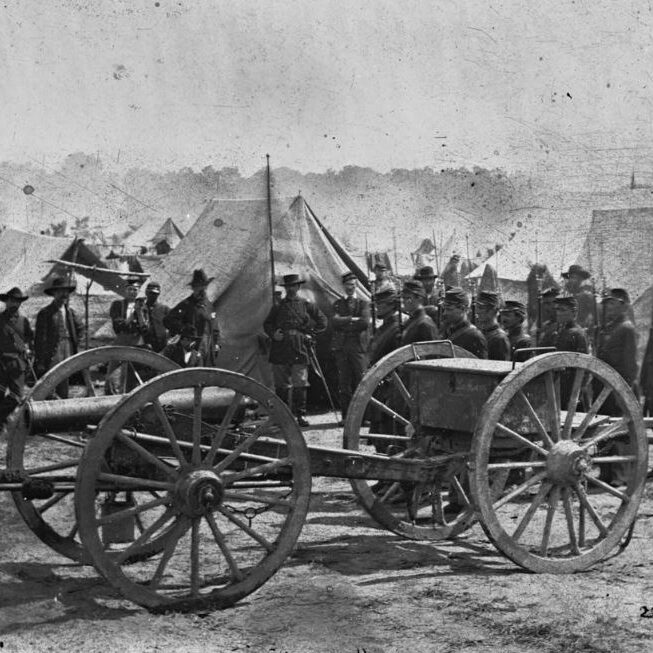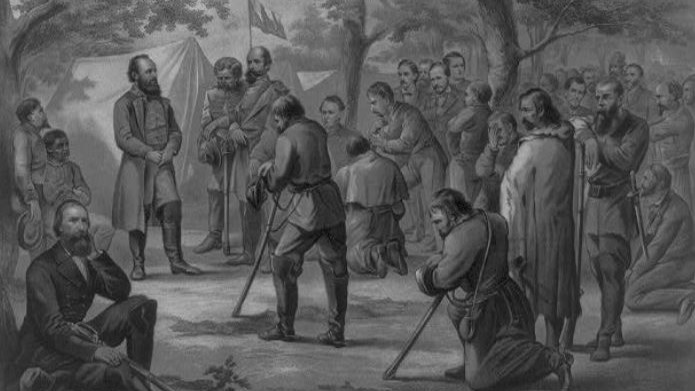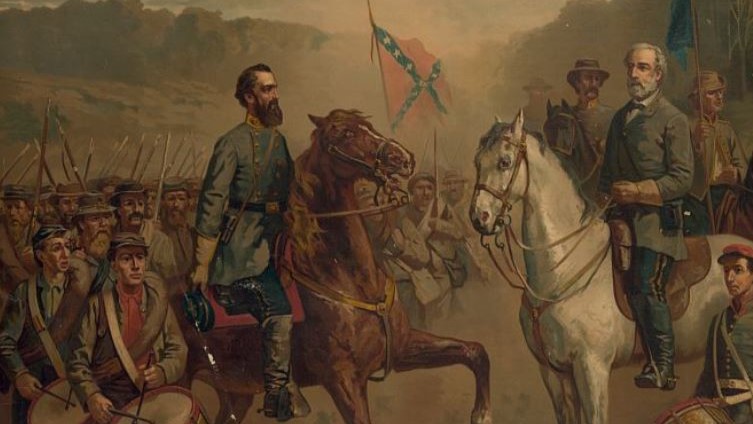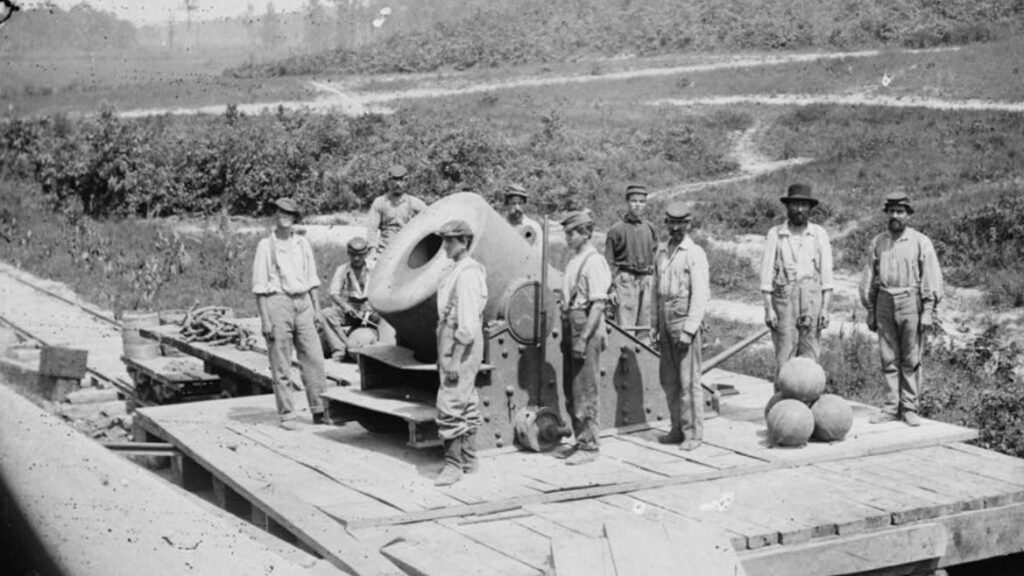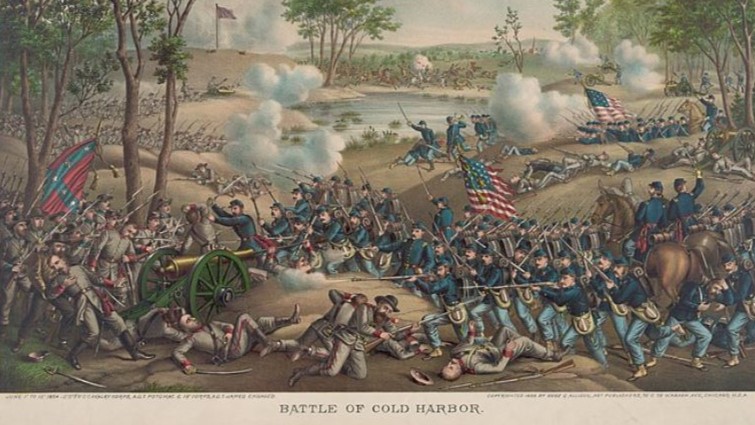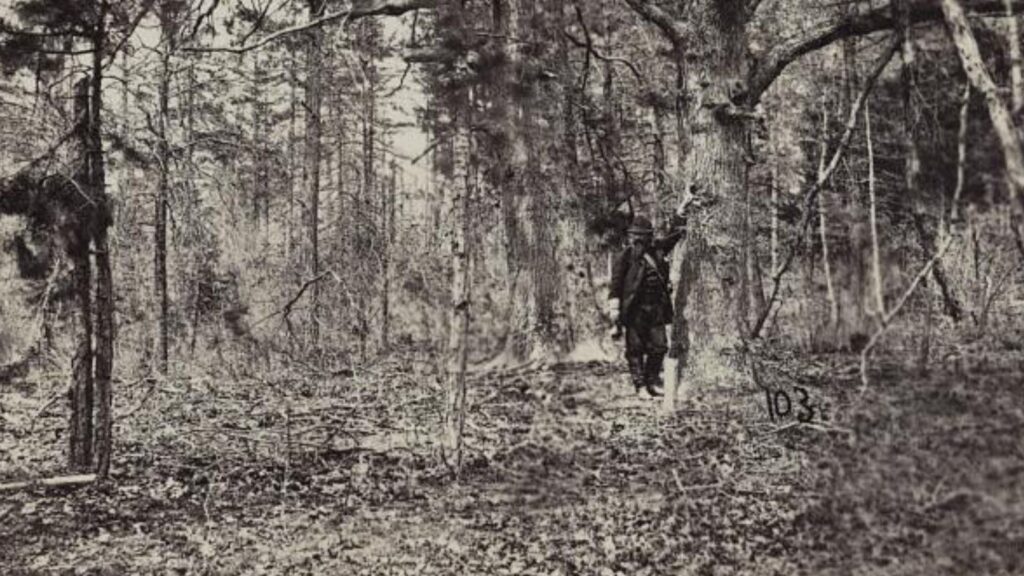The removal of General George B. McClellan from command of the Union’s Army following the Battle of Antietam was a key moment of the Civil War.
Antietam was a tactical stalemate, but Robert E. Lee was still forced to retreat from Maryland. This strategic victory gifted Lincoln political leverage for the Emancipation Proclamation.
Yet McClellan’s reluctance to vigorously pursue Lee’s beaten army squandered chances for a decisive win. This represented the culmination of tensions between Lincoln’s urgency for bold offensives and McClellan’s chronically overcautious leadership.
In this post, we exam the military, political, and personal factors behind Lincoln’s controversial decision to remove General George B. McClellan from command.
- 1. McClellan the Organizer: A Double-Edged Sword
- 2. The Missed Opportunity at Antietam
- 3. Political Tensions and Divided Loyalties
- 4. Lincoln's Internal Struggle: The Search for Victory
- 5. The Public's Reaction and Army Morale
- 6. Long-Term Impact: The Search for the Right General
- 7. The Dismissal of George B. McClellan
- Further Reading
1. McClellan the Organizer: A Double-Edged Sword
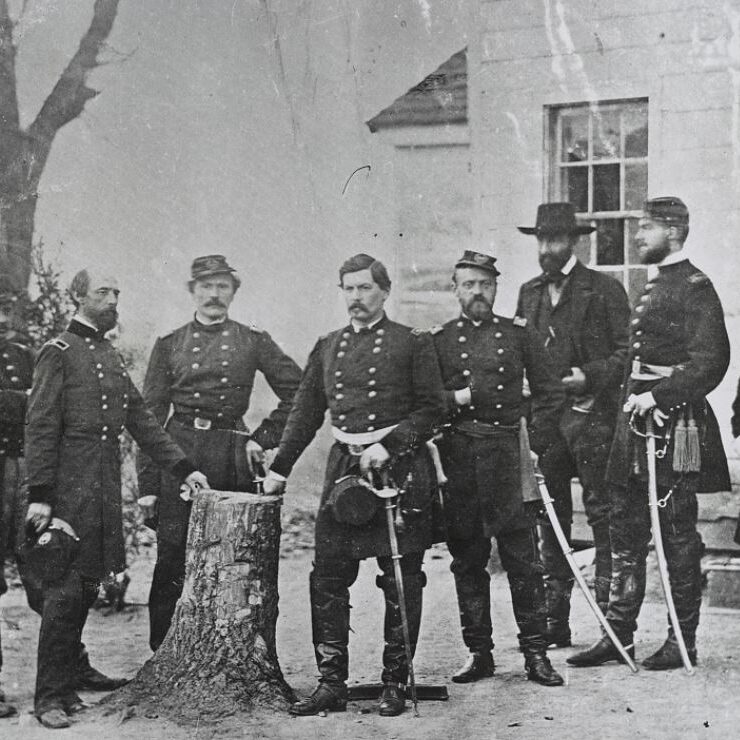
George B. McClellan’s contribution to the Union cause was a double-edged sword. He possessed a remarkable talent for organization and training. The Union Army was in disarray when he took command and he transformed it into a formidable military force.
He was a meticulous planner and a strict disciplinarian. His careful preparations and insistence on rigorous training created a well-oiled military machine. The Army of the Potomac became a model of efficiency under his leadership.
His organizational skills and attention to detail earned him the nickname “Young Napoleon.”
However, McClellan’s performance as a field commander is more contentious.
McClellan’s excessive caution and chronic overestimation of Confederate strength proved to be his undoing. His slow pace and reluctance to commit troops often allowed the Confederates to seize the initiative.
McClellan’s plan to advance up the Virginia Peninsula (Peninsula Campaign, 1862) towards Richmond, the Confederate capital, was marked by excessive caution. Despite outnumbering Confederate forces under General Joseph E. Johnston, McClellan moved slowly and hesitated to press his advantage, allowing Confederate forces to withdraw and consolidate their defenses. For example:
- Yorktown Siege (1862): At the outset of the Peninsula Campaign, McClellan laid siege to the Confederate defenses at Yorktown. Despite having a numerical advantage, he overestimated the strength of the Confederate defenses and delayed his assault, giving Confederate forces time to strengthen their positions and eventually withdraw.
- Seven Days Battles (1862): During the Peninsula Campaign, McClellan faced a series of engagements against Lee’s forces known as the Seven Days Battles. McClellan’s cautious tactics and failure to coordinate his army’s movements effectively allowed Lee to launch successful counterattacks, forcing McClellan to retreat back to the James River.
McClellan’s talents as an organizer and trainer were undeniable. However, his excessive caution and reluctance to seize opportunities ultimately undermined his effectiveness as a field commander.
2. The Missed Opportunity at Antietam
The Battle of Antietam was a strategic victory for the Union, but it also represented a missed opportunity that would haunt McClellan.
Lee’s daring invasion into Maryland culminated in the bloodiest single-day battle of the Civil War.
The Confederate plan hinged on a daring flanking maneuver, dividing their forces. A lost copy of Lee’s orders was recovered by Union soldiers, providing McClellan with a rare advantage. However, he failed to take action on this discovery.
The ensuing battle saw ferocious fighting at locations like the Cornfield, Bloody Lane, and Burnside’s Bridge.
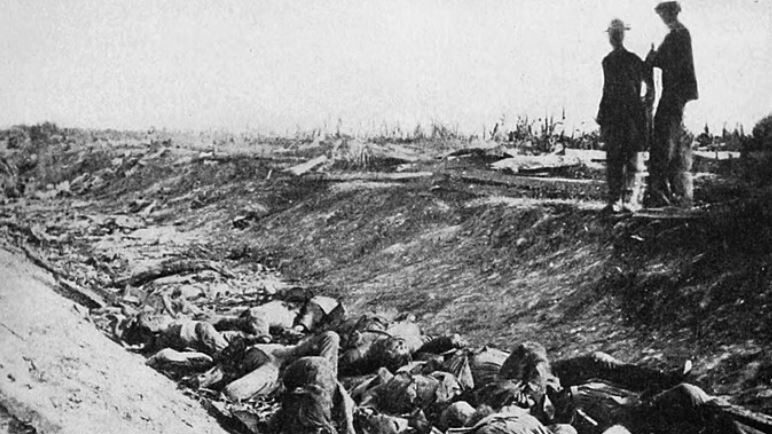
As the day wore on, the Union’s numerical superiority began to tell. Lee’s forces were slowly pushed back, and by evening, they had formed a defensive line protecting their escape route into Virginia.
The battle was a tactical stalemate but a strategic win for the Union, forcing Lee’s retreat and providing justification for Lincoln’s Emancipation Proclamation.
However, McClellan’s actions following Antietam have been widely criticized.
Despite the Confederates’ battered state, he launched only a half-hearted pursuit, allowing Lee’s army to escape across the Potomac. McClellan cited several reasons for his caution:
- Troop Exhaustion: His army had suffered over 12,000 casualties and was physically drained from the intense combat.
- Intelligence Overestimates: Reports incorrectly claimed Lee’s army still numbered nearly 100,000 men.
- Logistical Challenges: Lack of supplies, equipment, and transportation hampered the army’s mobility.
Yet evidence suggests these justifications were flawed:
- Many corps within McClellan’s army saw limited combat and were relatively fresh.
- Lee’s own reports acknowledged his army was severely depleted, numbering around 35,000 after the battle.
- Other Union armies had overcome similar logistical hurdles in pursuit of fleeing Confederate forces.
A vigorous pursuit may have enabled the Union to strike a decisive blow against Lee’s demoralized army. At the very least, it could have disrupted Confederate operations, boosted Union morale, and potentially altered the course of the war in the Eastern Theater.
McClellan’s hesitation at Antietam was a devastating missed opportunity. While the battle was a Union victory, the failure to capitalize on Lee’s vulnerability allowed the Confederates to fight another day and prolonged the bloody conflict.
3. Political Tensions and Divided Loyalties
The tensions between McClellan and Lincoln extended beyond military strategy into the political arena. McClellan’s affiliation with the Democratic Party often put him at odds with Lincoln’s Republican administration and its policies.
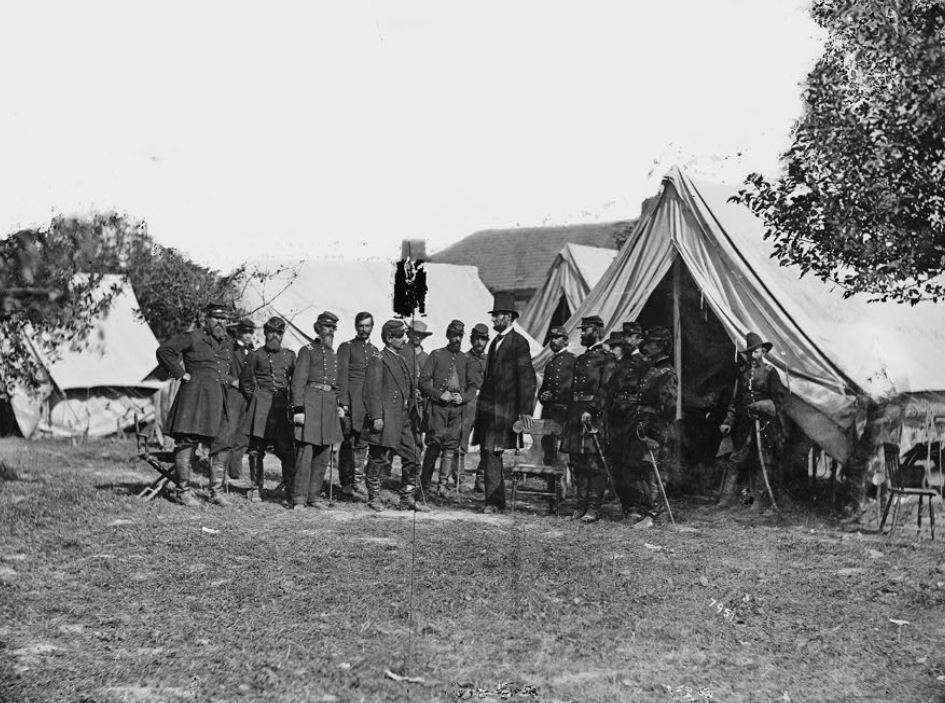
McClellan was outspoken in his criticism of the Lincoln administration and its handling of the war effort.
He frequently complained about lack of support and resources, blaming the government for hampering his campaigns.
In public letters, McClellan did publicly criticize the Emancipation Proclamation, arguing it was politically motivated. He warned that it would push the border slave states toward secession and cost the Union valuable support.
McClellan’s strident opposition reflected the stance of many Northern Democrats who prioritized preserving the Union over abolition. This political divide raised questions about McClellan’s ultimate loyalty and commitment to Lincoln’s wider objectives.
The general’s overt partisanship and open defiance of administration policies strained his relationship with Lincoln. Some historians argue that McClellan’s political allegiances and outspoken dissent may have influenced Lincoln’s eventual decision to remove him from command, despite his organizational talents.
While military factors played a central role, Lincoln may have lost faith in a general whose politics and public statements appeared to undermine the administration’s purpose and policy objectives. McClellan’s dismissal could be seen as a necessity to ensure unity of command and the war purpose.
4. Lincoln’s Internal Struggle: The Search for Victory
By 1862, Lincoln was desperate for a decisive Union victory to revive sagging public morale and bolster the Northern war effort.
Despite some successes in the Western Theater, the Union’s inability to deliver a crushing blow against Lee’s forces was deeply demoralizing. Antietam forced Lee’s retreat from Maryland, but it did little to satisfy this burning need. The battle’s tactical stalemate and heavy casualties left neither side with a clear victory to claim.
For Lincoln, McClellan’s failure to vigorously pursue and potentially cripple Lee’s army represented a monumental missed opportunity.
Yet, dismissing McClellan was an agonizing decision fraught with risks.
Lincoln agonized over the lack of an obvious replacement able to command the Army of the Potomac’s respect and loyalty. Disruptive leadership changes could potentially shatter the army’s hard-earned discipline and organization under McClellan.
Evidence suggests Lincoln made several attempts to spur McClellan into pursuing a more aggressive strategy before finally removing him:
- After the cautious Peninsula Campaign, Lincoln visited McClellan in person, stressing the need for bold offensives.
- Following Antietam, Lincoln urged McClellan to renew the pursuit, writing, “One battle is not an exhaustive war.”
When these urgings were ignored, Lincoln could delay no longer. The need for decisive action to uphold the Union and sustain public confidence ultimately outweighed his concerns over disrupting the army’s command structure.
5. The Public’s Reaction and Army Morale
General George B. McClellan’s removal from command sent shockwaves across the nation, triggering a range of reactions from citizens and news outlets alike.
News outlets, reflecting differing political leanings, portrayed McClellan’s dismissal in contrasting lights.
Republican-leaning newspapers tended to support President Lincoln’s decision, framing it as a necessary step towards achieving victory. They criticized McClellan’s cautious approach and applauded Lincoln’s commitment to pursuing a more aggressive strategy.
Conversely, Democratic-leaning papers lamented McClellan’s removal, viewing it as a blow to the war effort and questioning Lincoln’s judgment.
Citizens also responded diversely to McClellan’s dismissal, being influenced by the views of the newspapers they read.
6. Long-Term Impact: The Search for the Right General
McClellan’s dismissal marked a pivotal shift for the Union war effort towards a more aggressive offensive strategy.
Lincoln recognized that cautious generalship alone would not defeat the resolute Confederacy. Bold action was required to capitalize on the North’s industrial might and manpower advantages.
However, finding the right man to lead this audacious approach proved immensely challenging.
A succession of commanders cycled through after McClellan – Burnside, Hooker, Meade – each struggling to deliver the decisive blows Lincoln craved.
Ambition and personal feuds often hamstrung these replacement generals. Burnside’s disastrous Fredericksburg campaign was a grim harbinger.
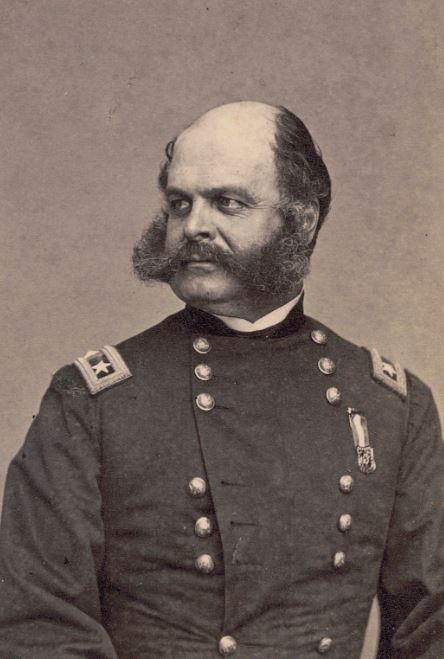
“Fighting Joe” Hooker’s promising start devolved into embarrassing defeat at Chancellorsville after clashing with subordinates.
Meade’s performance after Gettysburg still left Lincoln dissatisfied with the Union Army to pursue Lee relentlessly.
It was not until Ulysses S. Grant’s ascendance in 1864 that Lincoln found a general matched to his single minded dedication to total victory through unremitting pressure on Confederate armies.
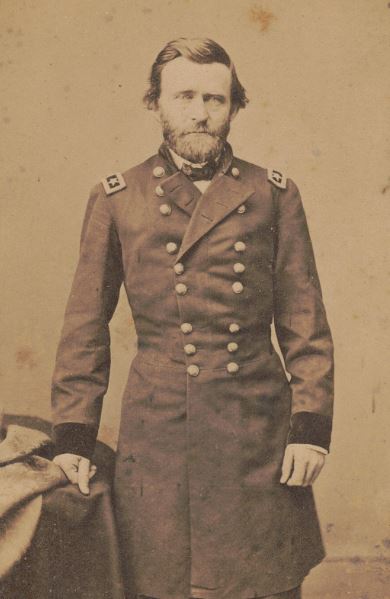
Grant’s subsequent grinding campaigns embodied the ruthless offensive Lincoln had sought since dismissing the cautious McClellan.
While the fallout was turbulent, Lincoln’s controversial decision to replace “Young Napoleon” ultimately paved the way for the ferocious leadership required to destroy Confederate resistance. It was a harsh lesson in the dire realities of waging uncompromising war.
7. The Dismissal of George B. McClellan
The dismissal of George B. McClellan was the culmination of a complex web of military, political, and personal factors that had frayed his relationship with President Lincoln beyond repair.
While McClellan’s brilliance as an organizer and trainer was undeniable, his excessive caution and reluctance to seize opportunities on the battlefield proved his ultimate undoing.
The missed chances following Antietam, where McClellan failed to aggressively pursue Lee’s battered forces, represented the final straw for Lincoln.
The President was desperate for a decisive victory to reinvigorate sagging Northern morale and bolster his policies, including the Emancipation Proclamation that McClellan openly opposed.
Difficult as the decision was, with no obvious successor ready, Lincoln recognized that McClellan’s overcautious leadership could not deliver the uncompromising offensives required to subjugate the defiant Confederacy. A shift towards more aggressive generalship became an imperative, even if it took years of upheaval before Grant finally embodied Lincoln’s vision.
Further Reading
If you enjoyed this article, you may be interested to read more about the American Civil War events, or perhaps read about the bloodiest battles of the Civil War or the South’s important victories. Read here for more general American history.

